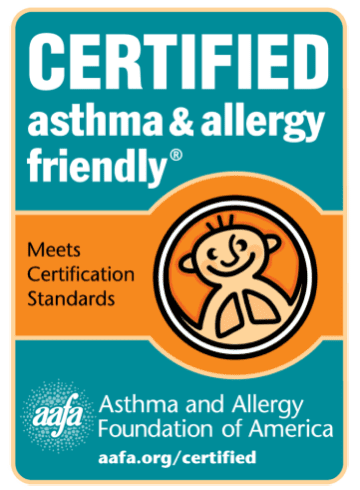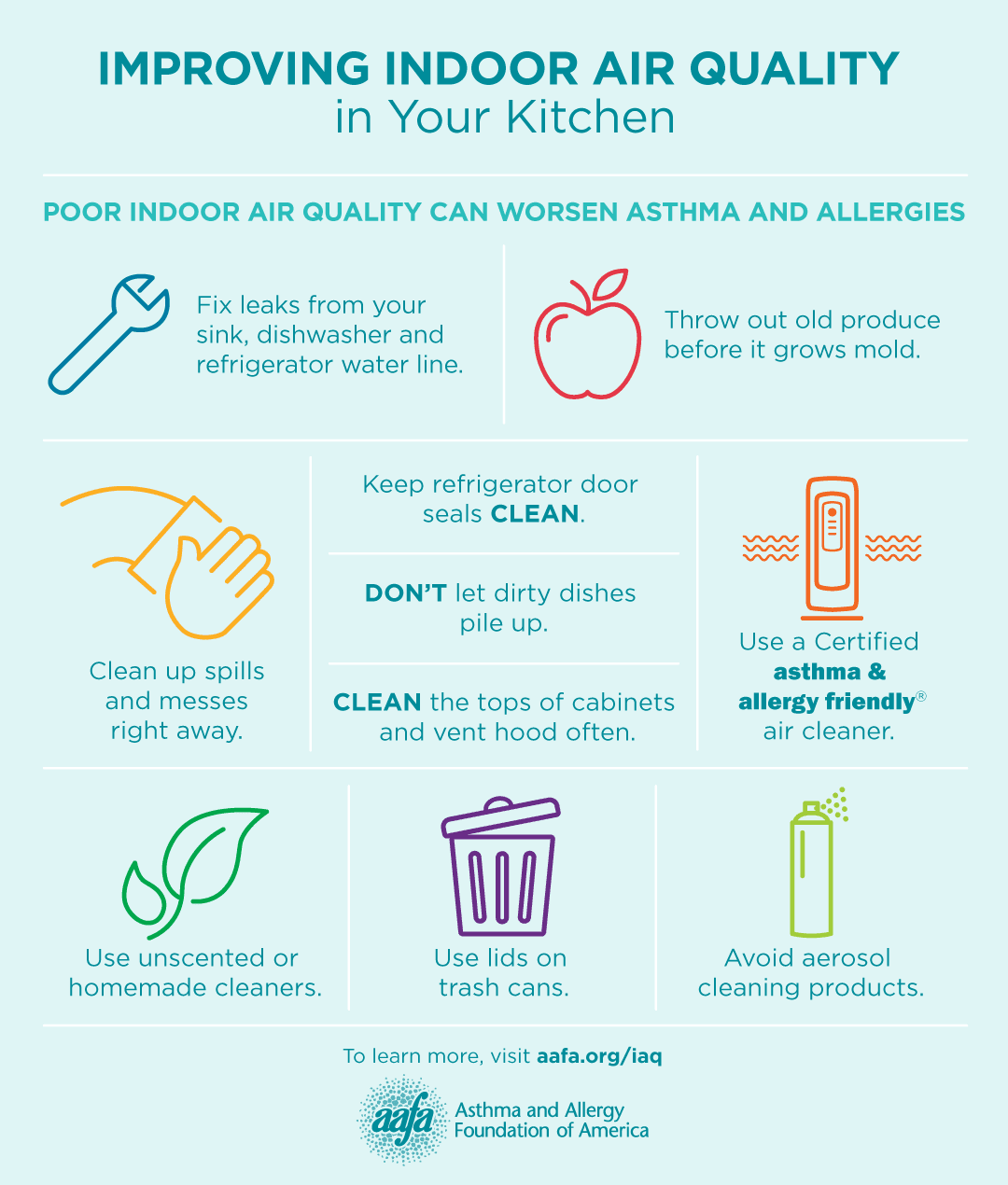Allergies
Cockroach Allergy
A cockroach allergy is a common trigger of year-round allergy and asthma. If you are allergic to them, they can trigger asthma attacks. Studies show children who are allergic to cockroaches, and are exposed to them, need to go to the hospital for asthma more often than other children with asthma.
What Is a Cockroach Allergy?
Cockroaches contain a protein that is an allergen for many people. An allergen is a substance that causes an allergic immune reaction. The body parts, saliva and waste of cockroaches are allergens. Even dead cockroaches can cause allergic reactions.
What Are the Symptoms of Cockroach Allergy?
Common cockroach allergy symptoms include:
- Sneezing
- Runny nose
- Itchy, red or watery eyes
- Stuffy nose
- Itchy nose, mouth or throat
- Postnasal drip (a flow of mucus from behind your nose into your throat)
- Cough
- Itchy skin or skin rash
If your cockroach allergy triggers your asthma, you may also experience:
- Difficulty breathing
- Chest tightness or pain
- A whistling or wheezing sound when breathing out
- Trouble sleeping caused by shortness of breath, coughing or wheezing
How Do Doctors Diagnose a Cockroach Allergy?
To diagnose a cockroach allergy, your doctor may give you a physical exam and discuss your symptoms. If your doctor thinks you have a cockroach allergy, he or she may suggest a skin prick test or a specific IgE blood test. If you have symptoms year round, you could have a cockroach allergy.
How Can I Avoid Cockroach Exposure?
Avoid exposure to cockroaches and their droppings. Pests need food, water and shelter to survive. There are changes you can make to your home to reduce the numbers of these unwanted “guests”:
- Cover all trash cans tightly.
- Store food in airtight containers. This includes food kept in cabinets and on counters.
- Clean all dirty dishes. Do not leave them in the sink or on the counter.
- Sweep up any food crumbs from the counters, stove top, tables and floor.Wipe up any spills. Vacuum and mop floors regularly.
- Avoid leaving pet food out in a bowl. Clean the bowl regularly, like other dirty dishes.
- Fix leaky pipes under sinks and in the basement. Cockroaches like damp places.
- Seal cracks in the walls and floors where cockroaches can enter your home.
- Use cockroach baits and traps. Don’t use sprays. They can irritate allergies and asthma.
What Is the Treatment for Cockroach Allergy?
The most important step is to avoid cockroaches as much as possible. Limiting your exposure to cockroaches will reduce your symptoms. However, you may also need medicines to control allergy symptoms.
Certain over-the-counter and prescription medicines may help reduce cockroach allergy symptoms. Talk to your doctor about what medications may be right for you.
- Antihistamines are available as pills, liquids or nose sprays. They can relieve sneezing and itching in the nose and eyes. They also reduce a runny nose and, to a lesser extent, nasal stuffiness.
- Nasal corticosteroids are a type of nose spray. They reduce swelling in your nose and block allergic reactions. They are the most effective medicine type for allergic rhinitis because they can reduce all symptoms, including nasal congestion. Nasal corticosteroids have few side effects.
- Leukotriene receptor antagonists block the action of important chemical messengers (other than histamine) involved in allergic reactions.
- Cromolyn sodium is a nose spray that blocks the release of chemicals that cause allergy symptoms, including histamine and leukotrienes. This medicine has few side effects, but you must take it four times a day.
- Decongestants are available as pills, liquids, nose sprays or drops. They help shrink the lining of the nasal passages and relieve stuffiness. Use decongestant nose drops and sprays only for a short time. Oral decongestants can cause side effects such as sleeplessness and increased blood pressure in some people. Consider checking with your doctor before using them.
Your doctor will also prescribe anti-inflammatory medicines and bronchodilators if you have asthma.
Some people with a cockroach allergy do not get complete relief from the combination of cockroach avoidance actions and medicines. In some cases your allergist may consider immunotherapy (allergy shots). Immunotherapy is a long-term treatment that can help prevent or reduce the severity of allergic reactions. It can change the course of allergic disease by reducing the body’s immune response to allergens.
Using CERTIFIED asthma & allergy friendly® products in your home can help you have a healthier indoor environment, as well as reduce allergens.
Learn more about the asthma & allergy friendly® Certification Program by visiting aafa.org/certified.
Medical Review October 2015.
Allergy Capitals
Top 100 Metro Area Rankings
Pollen Allergy Report>












